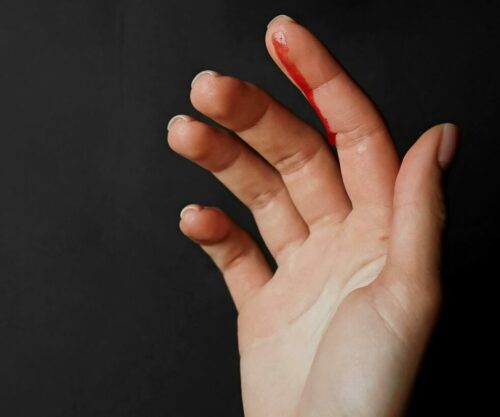
We do not have control of how long we are going to be on this earth for, it’s beyond our control. However, we have all the control in adopting habits in our lives that can contribute to a longer and much healthier life.
There are some bad habits we have made to become a part of our daily routines that could prohibit us from reaching an old age.
Although we do not know how long we are going to live for, Healthline suggests these habits that are linked to a long life that we should adopt:
Avoid overeating
Research shows that there are links between low calorie intake, a longer lifespan, and a lower chances of diseases.
Low calories may also reduce excessive body weight and belly fat, both of which are associated with shorter lifespans.
Eat more nuts
Nuts are nutritional powerhouses. They are rich in protein, fiber, antioxidants, and beneficial plant compounds.
According to research, nuts have beneficial effects on heart disease, high blood pressure, inflammation, diabetes, metabolic syndrome, belly fat levels, and even some forms of cancer.
Eat healthy plant foods
Consuming a wide variety of plant foods, such as fruits, vegetables, nuts, seeds, whole grains, and beans, may decrease the chances of you contracting any diseases and could contribute to a long life.
According to research, a plant-rich diet lowers the risk of premature death, as well as a reduced risk of cancer, metabolic syndrome, heart disease, depression, and brain deterioration
Stay physically active
It should come as no surprise that staying physically active can keep you healthy and add years to your life.
As few as 15 minutes of exercise per day may help you achieve benefits, which could include an additional 3 years of life
Prioritise your happiness
Feeling happy can significantly increase your chances of a long life. Ensure that you avoid anything that could cause you chronic stress and anxiety.
According to research, happier individuals had a 3.7% reduction in early death
Also see: With Stroke Awareness week coming an end, here is what to look for to identify a stroke




